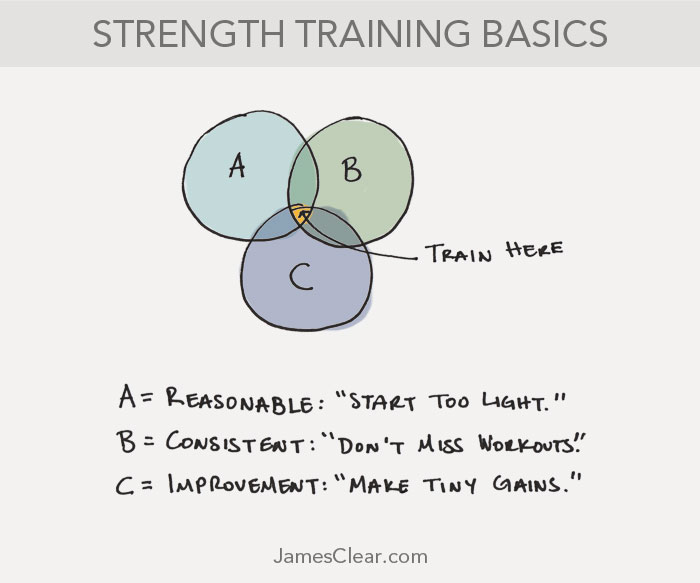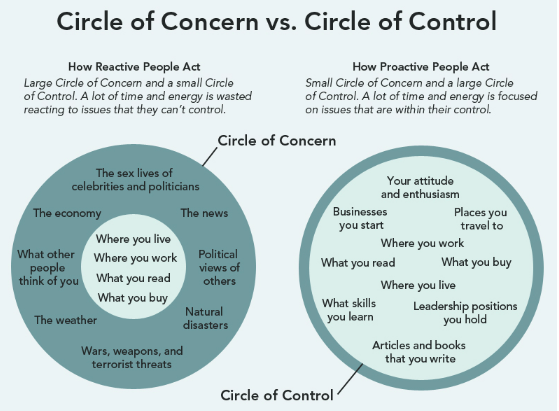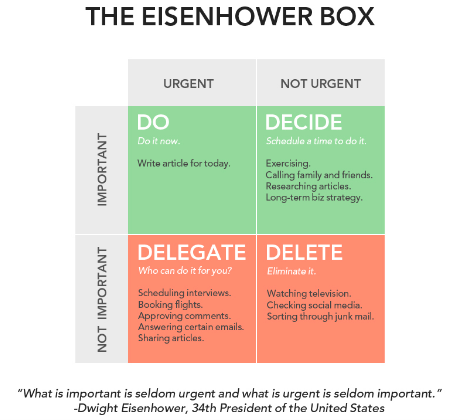From Natalie Grover on Make room for poop transplants, even if a stool-based therapy is eventually approved — insist doctors and patients in FDA hearing
Sahil Khanna, a gastroenterologist at the Mayo Clinic who has consulted with several FMT developers, suggested that out of the 300 to 400 patients who are referred to him for FMT annually, about 25% are misdiagnosed. “I can count the number of times I have been referred a patient who has received fecal transplantation and the clinical notes say this patient has received an ‘FDA-approved’ stool bank-obtained fecal transplant product for the management of recurrence C. diff, and the symptoms recurred,” he said. “We then figured it out this patient actually had irritable bowel syndrome.”
![]()
 No need to reinvent the drawing.
>>
No need to reinvent the drawing.
>>
From James Clear on How to Build Muscle - Strength Lessons from Milo of Croton

From James Clear on What Every Successful Person Knows, But Never Says
Ira Glass of This American Life - “All of us who do creative work, we get into it because we have good taste. But it's like there is this gap. For the first couple years that you're making stuff, what you're making isn't so good. It’s not that great. It’s trying to be good, it has ambition to be good, but it’s not that good. But your taste, the thing that got you into the game, is still killer. And your taste is good enough that you can tell that what you're making is kind of a disappointment to you. A lot of people never get past that phase. They quit.”
![]()
From James Altucher on What are a few things that very successful people never do?
Everybody is told a lie - to be a success you have to under promise and over deliver. This is the worst form of lack of integrity. The idea is that you are “safe”. Let’s say you under promise and you under deliver. You think, incorrectly, “hey, at least I have my integrity intact”.
![]()
From James Clear on Why Facts Don’t Change Our Minds
Leo Tolstoy was even bolder- “The most difficult subjects can be explained to the most slow-witted man if he has not formed any idea of them already; but the simplest thing cannot be made clear to the most intelligent man if he is firmly persuaded that he knows already, without a shadow of doubt, what is laid before him.”
![]()
From James Clear on jamesclear.com


From Peter Bregman on Are You Trying to Solve the Wrong Problem?
if you’ve tried to solve a problem with every solution you can think of, your challenge isn’t finding a better solution. It’s finding a better problem.
![]()
From James Clear on The Myth of Creative Inspiration
Stop waiting for motivation or creative inspiration to strike you and set a schedule for your habits. This is the difference between professionals and amateurs. Professionals set a schedule and stick to it. Amateurs wait until they feel inspired or motivated.
![]()
From James Clear on The Power of Imperfect Starts
An imperfect start can always be improved, but obsessing over a perfect plan will never take you anywhere on its own.
![]()
From James Clear on How to be More Productive and Eliminate Time Wasting Activities by Using the “Eisenhower Box”

From Nathan Barry on My Secrets to a Productive Week

From Bernard Roth on The Achievement Habit

From Eric Ravenscraft on Reduce Your Stress by Making Good Enough Decisions
Make a “good enough” decision. Don’t sweat making the absolute 100% best decision. We all know being a perfectionist can be stressful. And brain studies back this up. Trying to be perfect overwhelms your brain with emotions and makes you feel out of control.
![]()
![]() background knowledge as a prerequisite for reading comprehension
>>
background knowledge as a prerequisite for reading comprehension
>>
 one-page to understand how i work
>>
one-page to understand how i work
>>
![]() what makes junk food so addictive?
>>
what makes junk food so addictive?
>>
![]() design your environment for times of low willpower.
>>
design your environment for times of low willpower.
>>
![]() what one can learn from the process.
>>
what one can learn from the process.
>>
![]() create more time for yourself.
>>
create more time for yourself.
>>
![]() tips to encourage deep work.
>>
tips to encourage deep work.
>>
![]() personality traits of creative people.
>>
personality traits of creative people.
>>
![]() a primer on procrastination.
>>
a primer on procrastination.
>>
![]() simple tools to make decisions effectively.
>>
simple tools to make decisions effectively.
>>
From Andre Walton on Resolving the Paradox of Group Creativity
When advertising executive Alex Osborn popularized brainstorming in the 1953 book Applied Imagination, he predicted that it would double the number of ideas that a group of people would generate in response to a problem or challenge. However, it proved not to live up to his expectations. As later research showed, brainstorming actually reduces the number of ideas a group produces when compared with the number of ideas that can be generated by those same individuals on their own.
![]()
![]() do you really have an agreement?
>>
do you really have an agreement?
>>
From Jory MacKay on Is Solitude a Key Element of Creativity
What Barron found was that the most creative thinkers all exhibited certain common traits. An openness to one’s inner life; a preference for ambiguity and complexity; an unusually high tolerance for disorder and disarray (and vodka and orange juice if we’re talking about Capote); and the ability to extract order from chaos.
![]()
![]()
![]() ways to remove frustration and stress at work.
>>
ways to remove frustration and stress at work.
>>
![]()
 motivation by comparison is better than by encouragement.
>>
motivation by comparison is better than by encouragement.
>>
 an aspect of productivity that you can control.
>>
an aspect of productivity that you can control.
>>
 of course balance is the answer....
>>
of course balance is the answer....
>>
 skip the most important task for the next most important task.
>>
skip the most important task for the next most important task.
>>
 busywork seems to be a bad thing these days.
>>
busywork seems to be a bad thing these days.
>>













